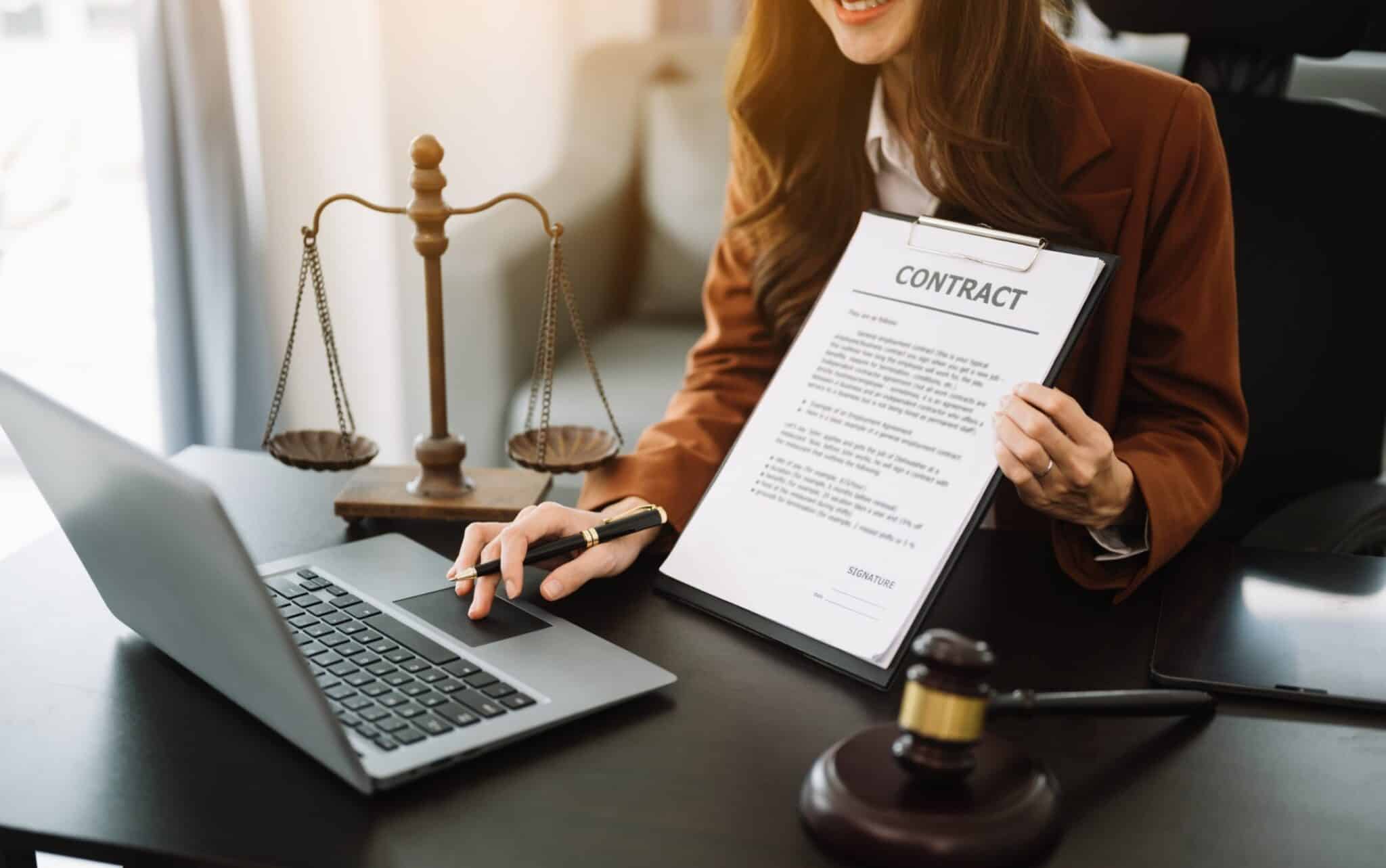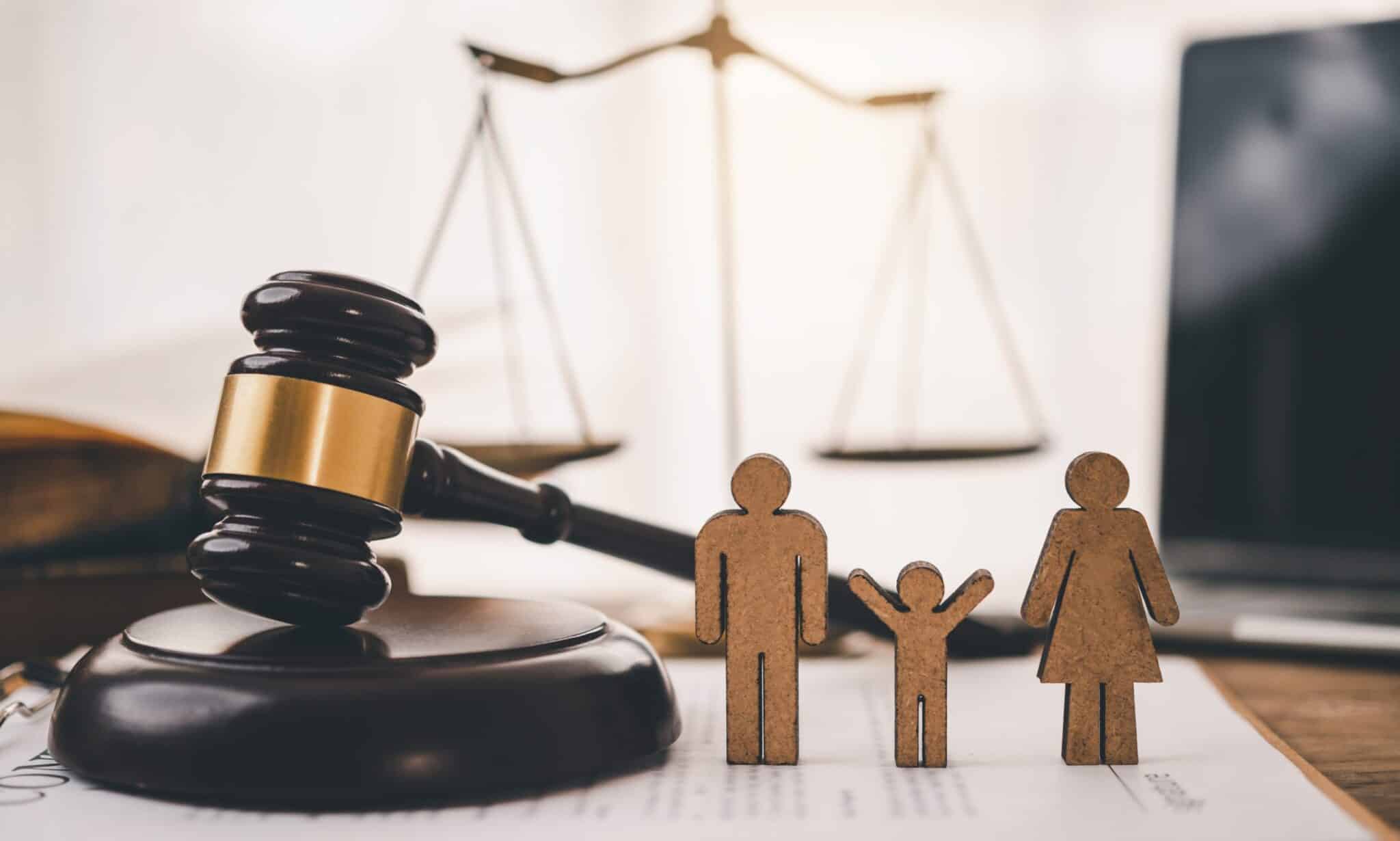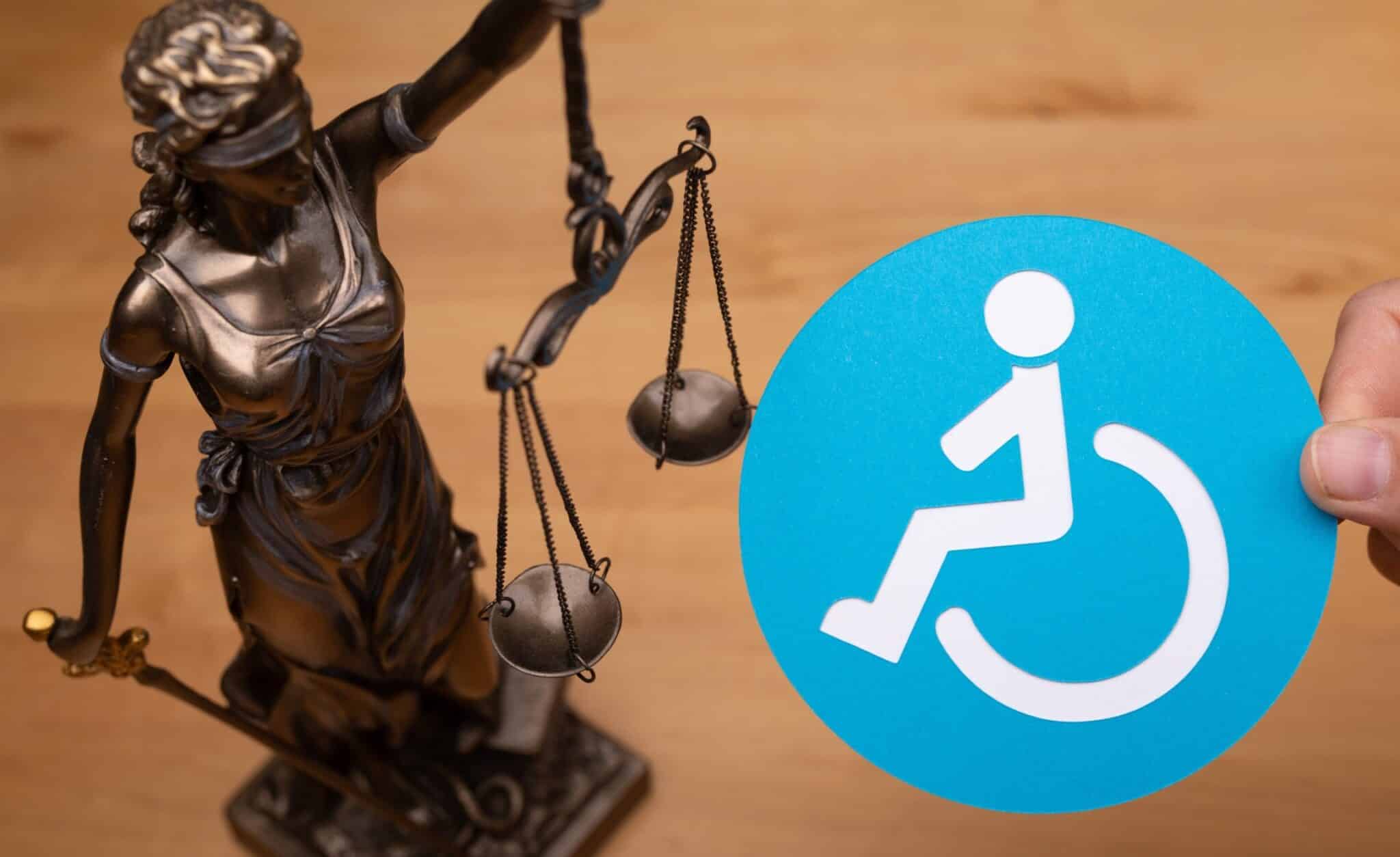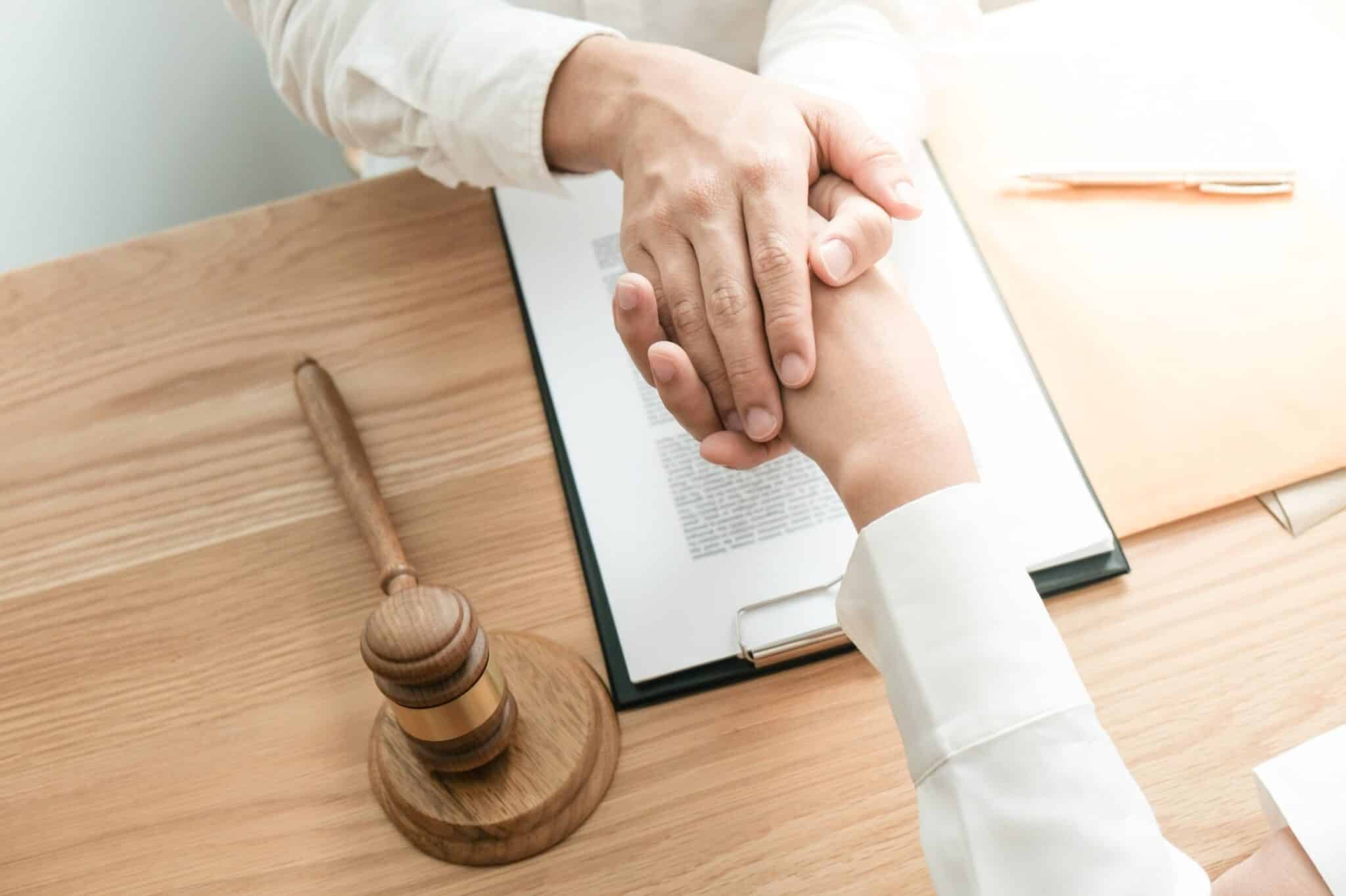IS THE USE OF FORCE LEGAL IN MISSOURI IF IT’S USED TO PROTECT PROPERTY?

Simply put, Missouri law can allow the use of physical force to protect property, but it’s much more complicated than the simplicity of that statement.
If you used force during a theft, trespass, vandalism, vehicle break-in, or confrontation over property and are being investigated or charged with illegal use of force in the state of Missouri — don’t wait and call KC Defense Counsel today to schedule a free and confidential case evaluation with one of our experienced Missouri criminal defense attorneys.
The key issue is whether your actions fit Missouri’s justification statutes and, in certain situations involving occupied homes or vehicles. This is also commonly referred to as Model Penal Code 3.06.
At KC Defensel, we can help you understand what Missouri law allows, what it does not allow, the common traps that turn “I was protecting my property” into felony charges, and why hiring an experienced Missouri criminal defense lawyer — like KC Defense Counsel — matters.
WHAT IS MISSOURI’S PROPERTY DEFENSE LAW?
Missouri’s laws for protecting property can allow a person to use physical force (not always deadly force) against another person when and to the extent the person reasonably believes it is necessary to prevent what they reasonably believe is the commission or attempted commission of:
- stealing,
- property damage, or
- tampering (in any degree). ?
And yes, that language absolutely matters:
Reasonably believes means it’s not just what you personally felt in the moment, your belief must be something a reasonable person could share given the circumstances.
When and to the extent signals proportionality. Using more force than necessary can destroy the defense, even if the other person really was stealing or damaging property.
This is why “I caught him stealing” is not the end of the analysis. Missouri law focuses on what you reasonably believed was happening, what you reasonably believed you needed to do to stop it, and whether your response stayed within lawful bounds.
PROTECTING YOUR PROPERTY DOES NOT AUTOMATICALLY JUSTIFY DEADLY FORCE
Missouri law generally treats defense of property as a non-deadly-force category, unless the situation also qualifies under a different statute that authorizes deadly force (most commonly defense of persons or specific unlawful-entry scenarios). ?
That is consistent with Model Penal Code 3.06, which heavily restricts the use of deadly force for property protection (outside narrow circumstances). ?
So if a property confrontation escalates and someone gets seriously hurt, the state often argues one of these:
- You used deadly force when only non-deadly force was legally allowed;
- The threat was to property, not to people;
- The force wasn’t “immediately necessary” or wasn’t reasonable under the circumstances.
If you’re facing assault, unlawful use of a weapon, or homicide-level allegations in Kansas City — the line between “property defense” and “self-defense” becomes critical. This is exactly where a skilled Missouri criminal defense lawyer helps — by analyzing the facts under the correct statute and framing the incident under the most defensible legal theory.
COMMON SITUATIONS WHEN DEADLY FORCE CAN COME INTO PLAY
When deadly force may come into play: homes, vehicles, and unlawful entry issues
People confuse “defense of property” with Missouri’s “Castle Doctrine” when defining unlawful-entry concepts. Those concepts are primarily anchored in RSMo 563.031, which governs defense of persons, including deadly force in certain scenarios involving unlawful entry into an occupied dwelling, residence, or vehicle. ?
In plain terms:
- If the situation is truly about stopping theft or damage to property, § 563.041 is usually the starting point. ?
- If the situation involves an immediate threat of death, serious physical injury, or a forcible felony, or certain unlawful-entry circumstances into an occupied dwelling/vehicle, then § 563.031 may be the controlling statute. ?
Prosecutors often charge aggressively when a weapon is used during a property dispute. They will scrutinize whether the incident was really “property defense” or “defense of persons” and whether the threat was reasonable.
WHAT COUNTS AS REASONABLE FORCE WHEN PROTECTING PROPERTY IN MISSOURI?
Missouri’s laws for protecting property are built around reasonableness and necessity. That means your defense depends on facts like:
- What was being taken or damaged (vehicle theft, burglary tools, vandalism, catalytic converter theft, etc.)
- What you observed versus what you assumed
- Whether the conduct was in progress (immediacy matters)
- Whether you had lawful possession/authority over the property
- How the force unfolded (warnings, distance, escalation, duration)
- Whether you continued using force after the threat ended
A common prosecution argument is that the force became unlawful the moment the situation changed.
Example: the suspect is running away, the property is no longer in danger, or the threat is over.
THE MYTH SURROUNDING THIS LAW
“He was on my property” is not the same as “I can hurt him”
Trespass alone is not a license to kill. Missouri law can allow force to prevent or terminate certain property offenses, but the state can still claim your response was excessive, unreasonable, or not necessary. ?
This becomes especially serious when:
- you confront someone at night,
- you suspect theft,
- you display or use a firearm,
- or the other person claims they were leaving or never posed a threat.
Even if you believe you were doing the right thing, a poor decision in a fast-moving moment can turn into felony exposure.
WHAT IF YOU’RE IN THE WRONG — OR CAN’T PROVE YOU ARE IN THE RIGHT?
Property defense cases often collapse because the defendant cannot prove what they believed was happening, or the state persuades a jury that the belief wasn’t reasonable.
Examples:
- You think someone is stealing your car, but it turns out to be a family member, roommate, or someone with permission.
- You believe someone is breaking into your shed, but evidence suggests they were not attempting theft or damage.
- You escalate force based on “what you heard happened earlier,” not what was happening at the moment.
This is why evidence matters immediately:
- video footage,
- timestamps,
- 911 audio,
- witness statements,
- and the physical scene can support (or contradict) reasonableness.
BE CAREFUL WHAT YOU SAY TO POLICE
After a property-defense incident, many people try to “explain it” on the spot. That’s risky. Investigators will look for admissions that imply:
- anger or revenge (not necessity),
- intent to punish (not prevent),
- pursuit after the threat ended,
- or inconsistency with the physical evidence.
If you’re being investigated for assault in Missouri and you are accused of brandishing, unlawful use of a weapon, or any felony tied to a property dispute, your priority should be to protect your legal position because the state will build its narrative quickly.
Call KC Defense Counsel immediately. We can help you with what to say and how much information to give the police.
HIRING AN EXPERIENCED KANSAS CITY DEFENSE LAWYER MATTERS
The use-of-force laws in Missouri are technical, and prosecutors know the statutes well. A defense lawyer’s job is to:
- identify which statute truly fits the facts,
- document and preserve evidence that supports reasonableness,
- challenge overcharging and weak assumptions,
- and build a defensible narrative that matches the timeline and the scene.
At KC Defense Counsel, the goal is simple: protect your freedom, your record, and your future — especially when a split-second decision is being judged with months of hindsight by police, prosecutors, and jurors.
DON’T WAIT. CALL KC DEFENSE COUNSEL TODAY. WE CAN HELP.
Is the use of force legal in Missouri if it’s used to protect property? Yes. Missouri law can justify physical force to prevent stealing, property damage, or tampering when your belief and actions were reasonable and necessary. But deadly force is a different analysis and typically requires a scenario that fits, not merely protection of property.
If you’re facing an investigation or charges after defending your property in Missouri, don’t gamble on a misunderstanding of the law. Talk to an affordable Missouri criminal defense lawyer near me at KC Defense Counsel as soon as possible because in use-of-force cases, early strategy and evidence preservation are often the difference between dismissal, reduced charges, and life-changing consequences.
A criminal case doesn’t just end when the court date is over. A conviction can follow you for years, affecting background checks, housing applications, firearm rights, immigration status, and even custody disputes can all be affected by what happens in the next few weeks.
If you’re searching for a Kansas City criminal defense attorney or a Missouri criminal defense lawyer, focus on experience and strategy, not promises. You need counsel who can read between the lines of the police narrative, challenge unlawful searches, suppress statements, negotiate effectively, and prepare a trial-ready defense from day one.
KC Defense Counsel approaches cases with that mindset because the goal is not just to “get through” court — it’s to protect your future. The sooner you involve a defense attorney, the more options you typically have, including early negotiations, bond modifications, and evidence preservation.
If you’re facing misdemeanor or felony charges in Missouri, call KC Defense Counsel now for a confidential case evaluation. Take control of the process before it controls you.
Cities we serve: Adrian, Archie, Bates City, Belton, Blue Springs, Buckner, Butler, Cameron, Claycomo, Cleveland, Drexel, Fairview, Ferrelview, Gladstone, Grain Valley, Grandview, Greenwood, Houston Lake, Independence, Kansas City Missouri, Kearney, , Knob Noster, Lake Lotawana, Lake Tapawingo, Lake Waukomis, Lake Winnebago, Lawson, Lee’s Summit, Liberty, North Kansas City, Oak Grove, Oakview, Parkville, Peculiar,, Platte City, Platte Woods, Plattsburg, Pleasant Hill, Raymore, Raytown, Riverside, Smithville, Sugar Creek, Tracy, Warrensberg, Weatherby Lake, and Weston.
Statewide: Missouri State Highway Patrol and Sheriff Counties we serve: Bates County, Cass County, Clay County, Jackson County, Platte County, Ray County.
Contact our experienced Kansas City criminal defense lawyers near me in Missouri and let us help begin building your defense. Let us help.
Disclaimer: This page is for informational purposes only and does not create an attorney-client relationship. Always consult qualified counsel regarding your unique situation.



















